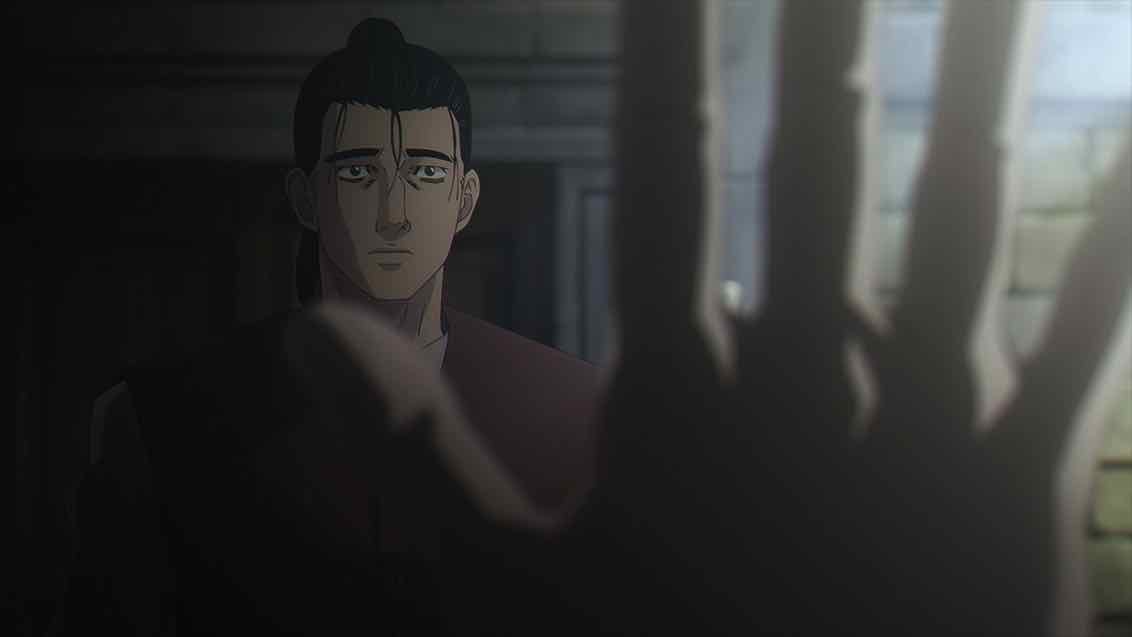 Given that Chi Chikyuu no Undou ni Tsuite is the best new series of the fall, it certainly gives me plenty of “normal” stuff to talk about. But it seems to rack up a lot of extracurriculars, too. I won’t rehash the “historical accuracy” rhetorical cul-de-sac here. But the latest controversy is how dark it is. As in literally dark – like, you can’t see what’s going on. This has become something of a trendy cinematographic flourish – Game of Thrones has one especially infamous flirtation with it, and it’s popping up in anime too. In the sense that this is a series about looking at the night sky, it makes sense. Especially when you consider, well – it’s set in thee dark ages.
Given that Chi Chikyuu no Undou ni Tsuite is the best new series of the fall, it certainly gives me plenty of “normal” stuff to talk about. But it seems to rack up a lot of extracurriculars, too. I won’t rehash the “historical accuracy” rhetorical cul-de-sac here. But the latest controversy is how dark it is. As in literally dark – like, you can’t see what’s going on. This has become something of a trendy cinematographic flourish – Game of Thrones has one especially infamous flirtation with it, and it’s popping up in anime too. In the sense that this is a series about looking at the night sky, it makes sense. Especially when you consider, well – it’s set in thee dark ages.
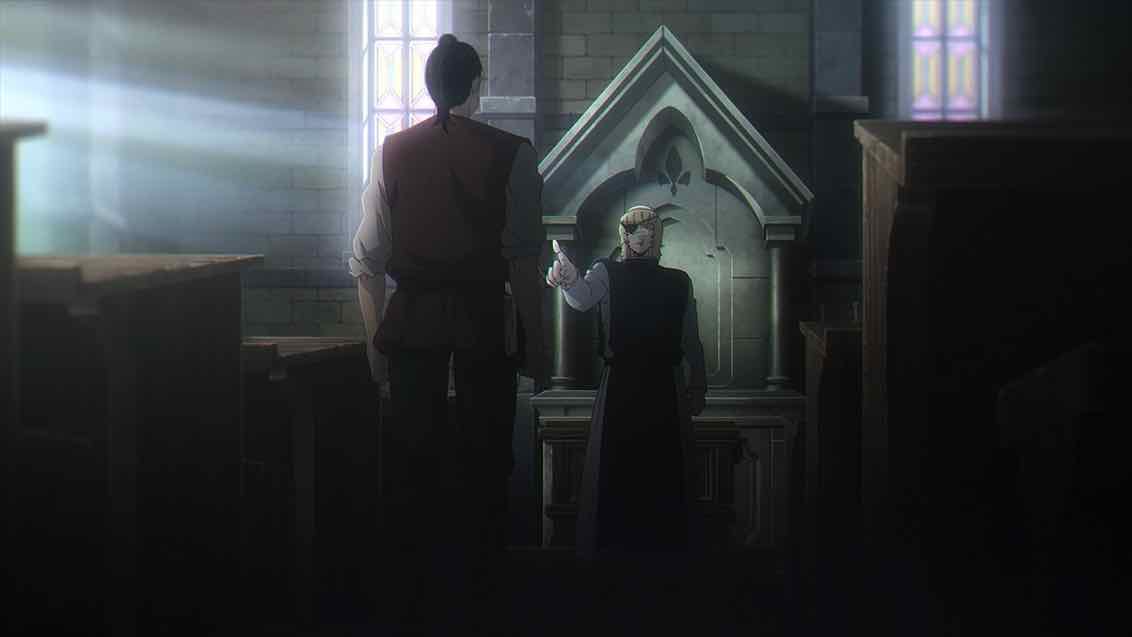 For my part, I have to say – I get it. Last week was pretty extreme – you only saw the few screencaps that were actually usable. This week wasn’t much better. I do think this is deliberate on Madhouse and Shimizzu Kenichi’s part. They’re going for a mood here – a world literally and spiritually bathed in darkness. But while I get that, I do like being able to see what’s going on a little better. I think there’s a happy medium to be found here, and the night sky shots themselves are absolutely gorgeous. There are far worse complaints one could have, but it does merit acknowledgement.
For my part, I have to say – I get it. Last week was pretty extreme – you only saw the few screencaps that were actually usable. This week wasn’t much better. I do think this is deliberate on Madhouse and Shimizzu Kenichi’s part. They’re going for a mood here – a world literally and spiritually bathed in darkness. But while I get that, I do like being able to see what’s going on a little better. I think there’s a happy medium to be found here, and the night sky shots themselves are absolutely gorgeous. There are far worse complaints one could have, but it does merit acknowledgement.
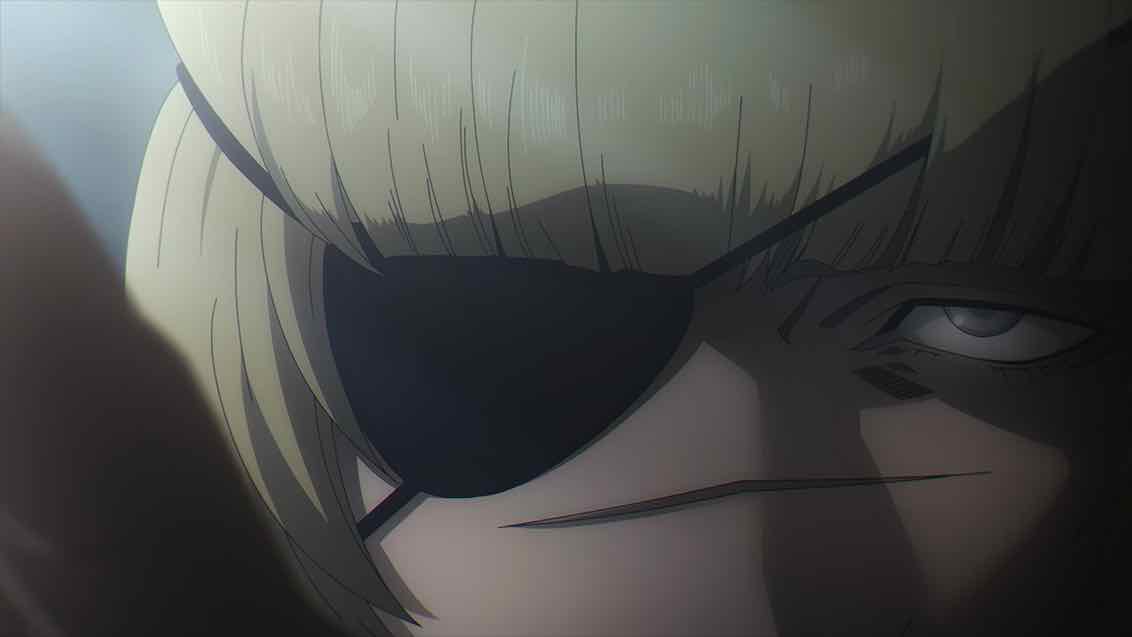 As to the episode itself, we remain very much in that darkness vs. light mode. Badeni is quite a piece of work. Anti-social to say the least. He’s not too receptive to following a lead promised by this timid peasant who reeks of blood. He claims no recollection of his encounter with Gras when he was still at the abbey in town. Gras’ Mars observation notebook does capture his interest. But when he sees that the notes do not record the retrograde notion of Mars, that interest quickly wanes. It’s only when he reflects back on how he got to this point that Badeni reconsiders.
As to the episode itself, we remain very much in that darkness vs. light mode. Badeni is quite a piece of work. Anti-social to say the least. He’s not too receptive to following a lead promised by this timid peasant who reeks of blood. He claims no recollection of his encounter with Gras when he was still at the abbey in town. Gras’ Mars observation notebook does capture his interest. But when he sees that the notes do not record the retrograde notion of Mars, that interest quickly wanes. It’s only when he reflects back on how he got to this point that Badeni reconsiders.
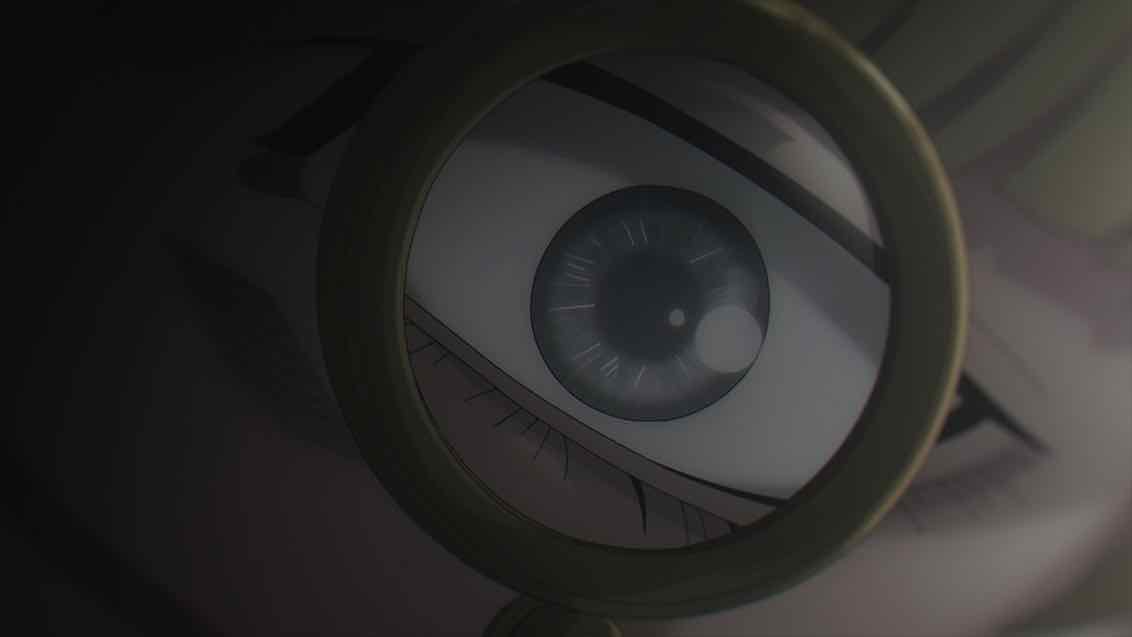 As soon as we saw that eye patch on Badeni, I had a suspicion of how he came to need it. His experience at the abbey seems pretty straightforward – he pushed harder than he was supposed to push, asked questions he wasn’t supposed to ask. And paid a price for it. It’s not as though the Abbot didn’t warn him plenty of times. Right up to the moment when Badeni held a forbidden tome in his hands (was it placed in his path as a test?). But the monk follows the pattern established by the heretics, Rafal, and Gras. He chooses the truth over his own safety. A bit simplified and dramatic but not divorced from the reality of Inquisition times.
As soon as we saw that eye patch on Badeni, I had a suspicion of how he came to need it. His experience at the abbey seems pretty straightforward – he pushed harder than he was supposed to push, asked questions he wasn’t supposed to ask. And paid a price for it. It’s not as though the Abbot didn’t warn him plenty of times. Right up to the moment when Badeni held a forbidden tome in his hands (was it placed in his path as a test?). But the monk follows the pattern established by the heretics, Rafal, and Gras. He chooses the truth over his own safety. A bit simplified and dramatic but not divorced from the reality of Inquisition times.
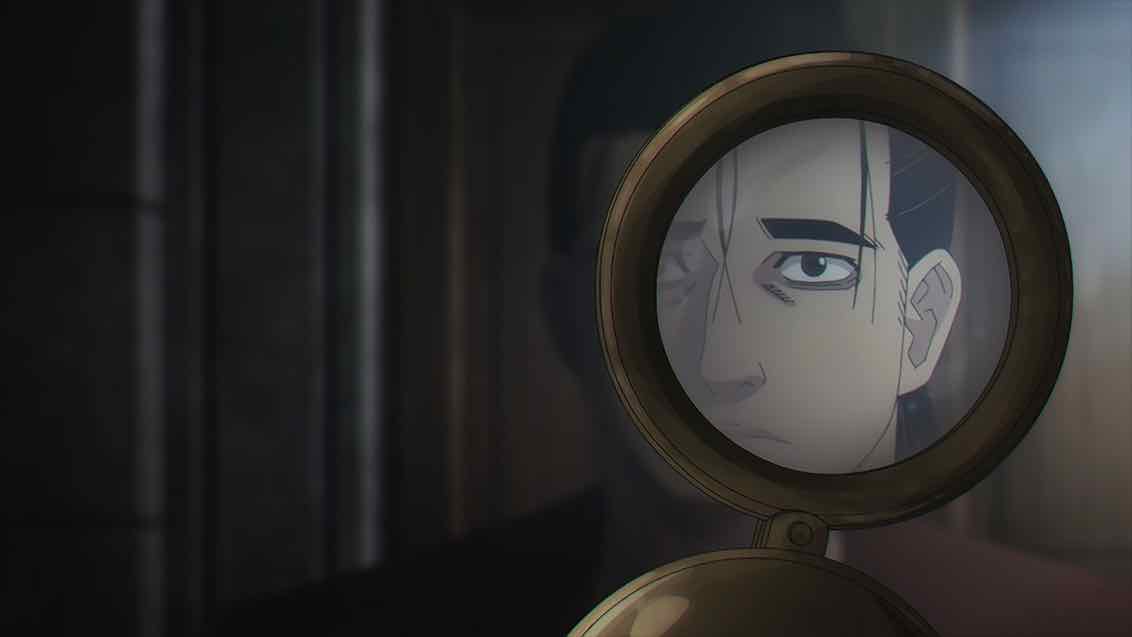 What’s important about about this incident, I think, is this. Badeni does what he does for the glory of God. This is also a pattern we see repeated, and in the leading heliocentrists of the era like Copernicus and Galileo (neither of whom were tortured) was a common thread. For Badeni, the idea that God would sanction the disorder the Ptolemaic Model demanded in order to fit the facts was unfathomable. It was in fact an affront to God. Heliocentrism, in fact, presented a beautiful order of the Universe that fit his idea of what God was. Badeni was trying, in his way, to save the church.
What’s important about about this incident, I think, is this. Badeni does what he does for the glory of God. This is also a pattern we see repeated, and in the leading heliocentrists of the era like Copernicus and Galileo (neither of whom were tortured) was a common thread. For Badeni, the idea that God would sanction the disorder the Ptolemaic Model demanded in order to fit the facts was unfathomable. It was in fact an affront to God. Heliocentrism, in fact, presented a beautiful order of the Universe that fit his idea of what God was. Badeni was trying, in his way, to save the church.
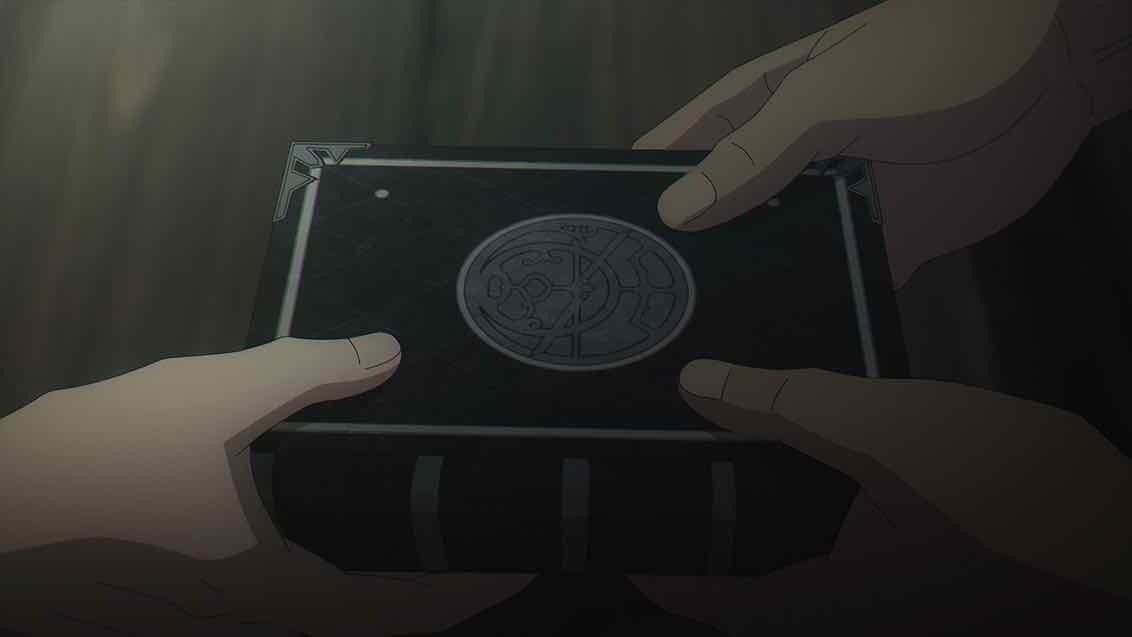 In astronomic terms, the concept of retrograde orbit is the heart of the matter this week. Badeni does a pretty good job explaining a pretty difficult concept. Which he has to, because Oczy is not capable of understanding a complicated explanation. Just continuing Gras’ observations of Mars – a condition of Badeni in order to get his him to investigate the chest – is a huge hurdle for him. But while Oczy is by no means a heroic figure, he does weigh up the sacrifice being asked of him now against the ones made by Gras and the Heretic and reach the correct conclusion.
In astronomic terms, the concept of retrograde orbit is the heart of the matter this week. Badeni does a pretty good job explaining a pretty difficult concept. Which he has to, because Oczy is not capable of understanding a complicated explanation. Just continuing Gras’ observations of Mars – a condition of Badeni in order to get his him to investigate the chest – is a huge hurdle for him. But while Oczy is by no means a heroic figure, he does weigh up the sacrifice being asked of him now against the ones made by Gras and the Heretic and reach the correct conclusion.
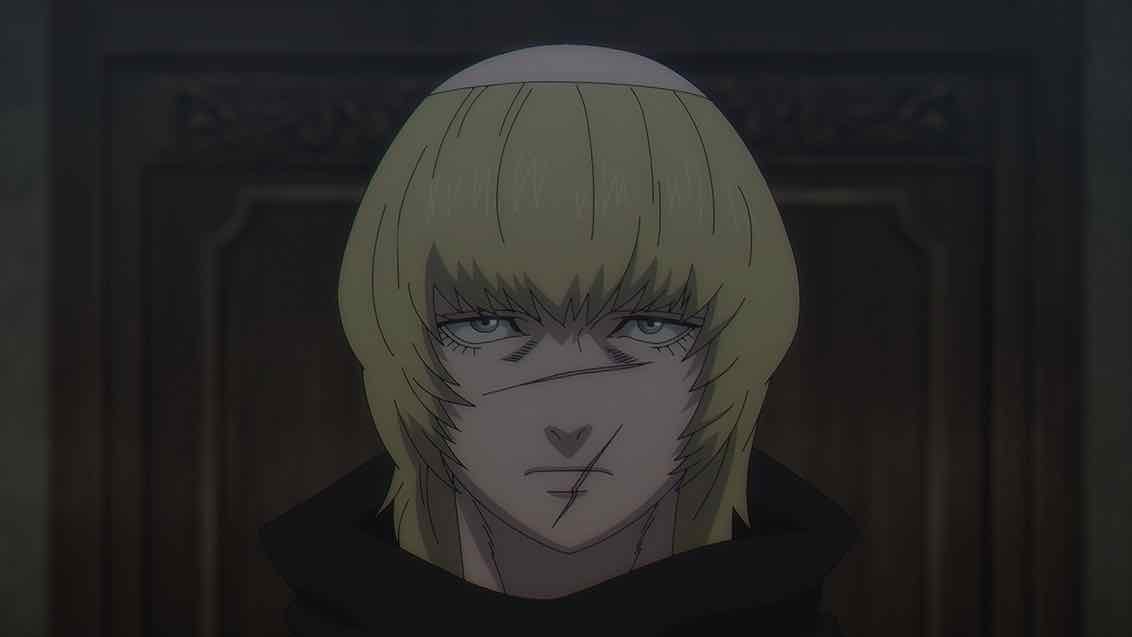 The essential nature of the divide is brought forth beautifully and poetically, as Orb has a talent for doing. The idea that Badeni presents to Oczy is that the Earth is in harmony with the Heavens, and Heliocentrism proves it. But the two men look at this same truth and come to markedly different conclusions about its implications. For Oczy, this would mean that the Heavens are as corrupt as their world – the worst possible truth imaginable. For Badeni, it means that the Earth is like the Heavens – orderly and beautiful. as it was made in God’s image. And that, in a nutshell, is really the heart of the entire premise.
The essential nature of the divide is brought forth beautifully and poetically, as Orb has a talent for doing. The idea that Badeni presents to Oczy is that the Earth is in harmony with the Heavens, and Heliocentrism proves it. But the two men look at this same truth and come to markedly different conclusions about its implications. For Oczy, this would mean that the Heavens are as corrupt as their world – the worst possible truth imaginable. For Badeni, it means that the Earth is like the Heavens – orderly and beautiful. as it was made in God’s image. And that, in a nutshell, is really the heart of the entire premise.


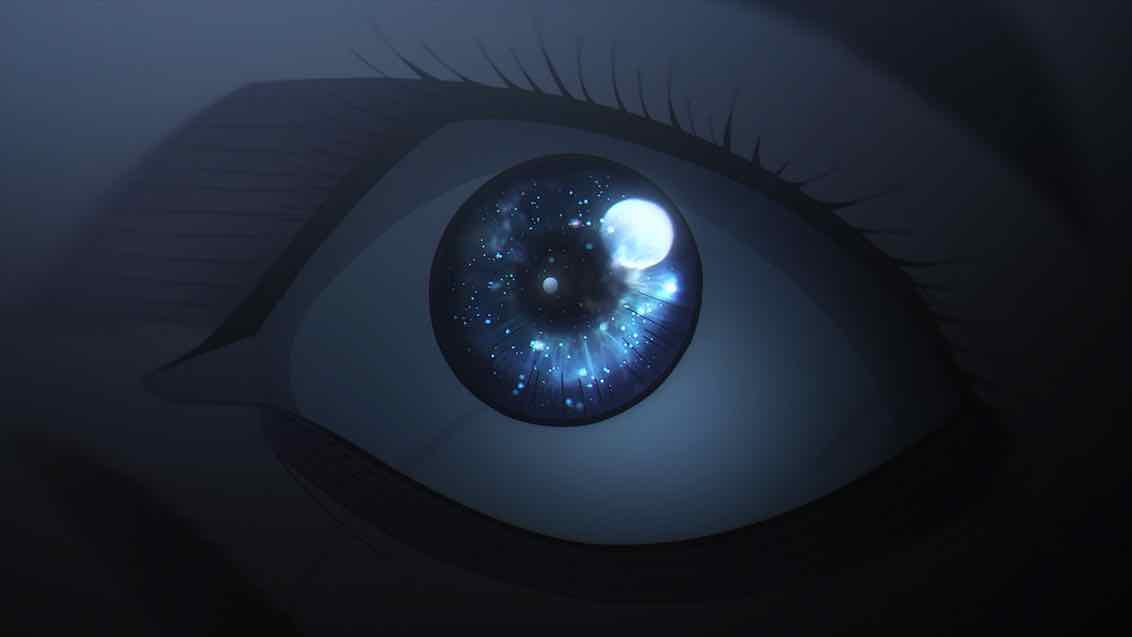
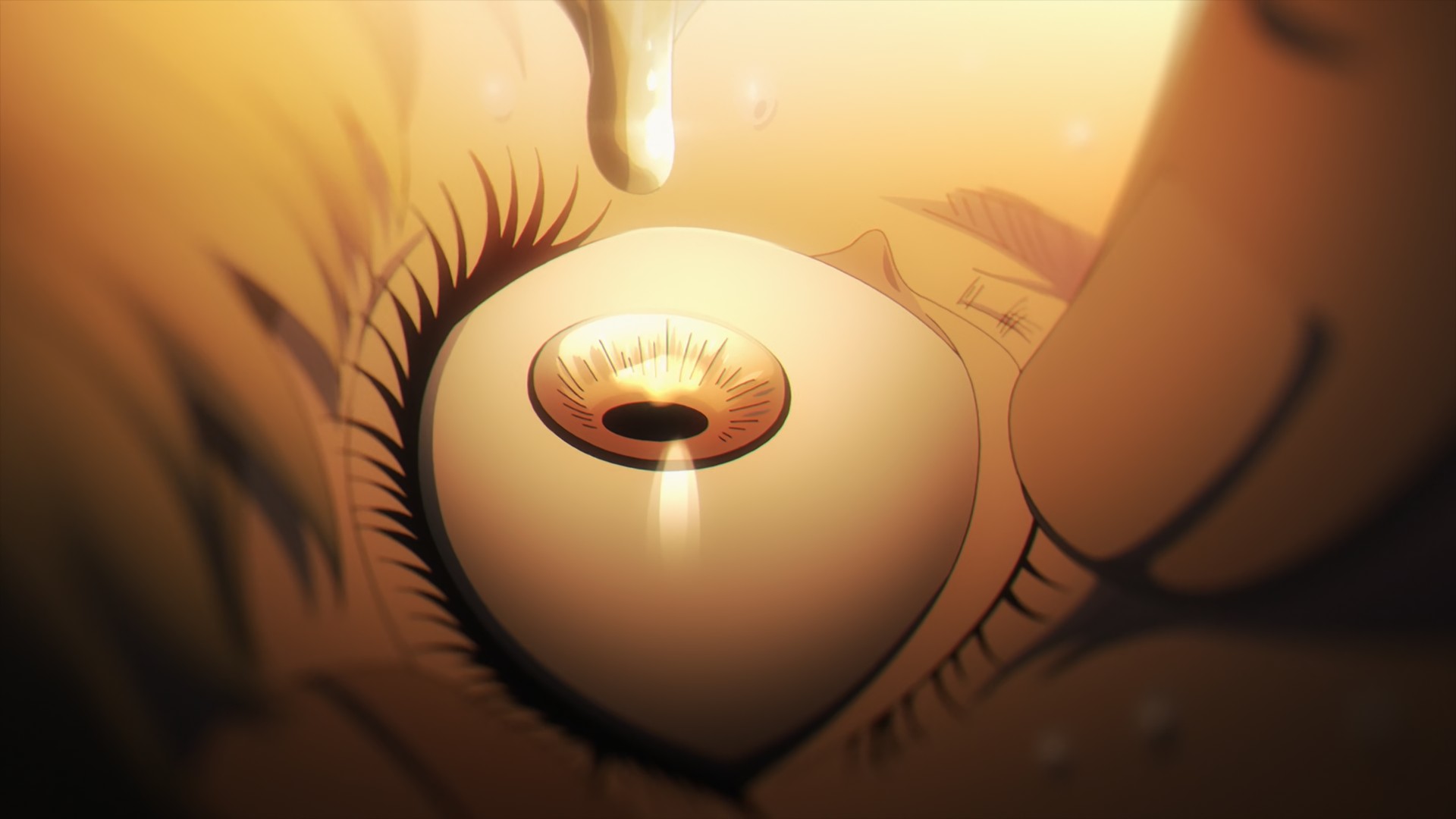
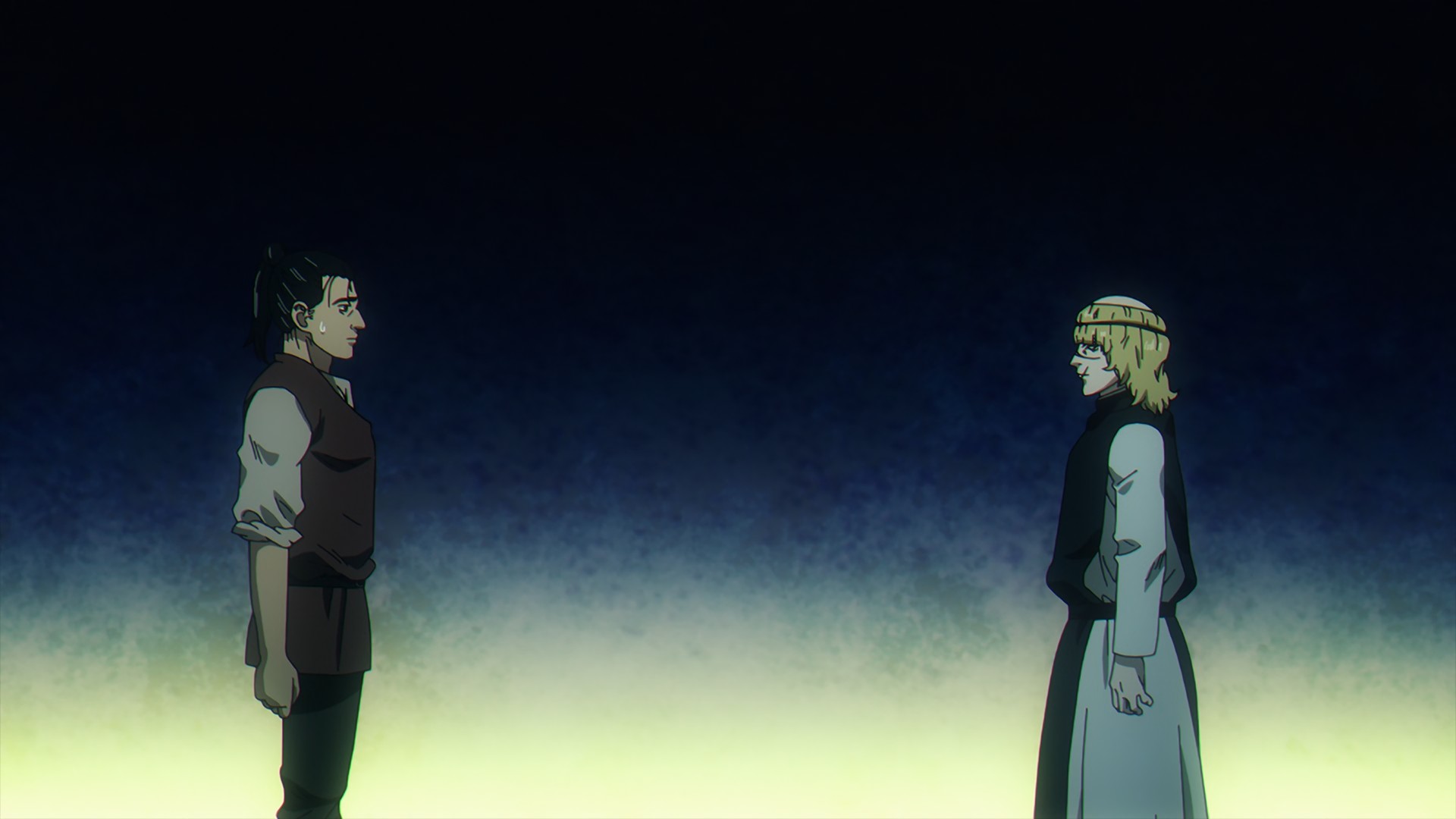
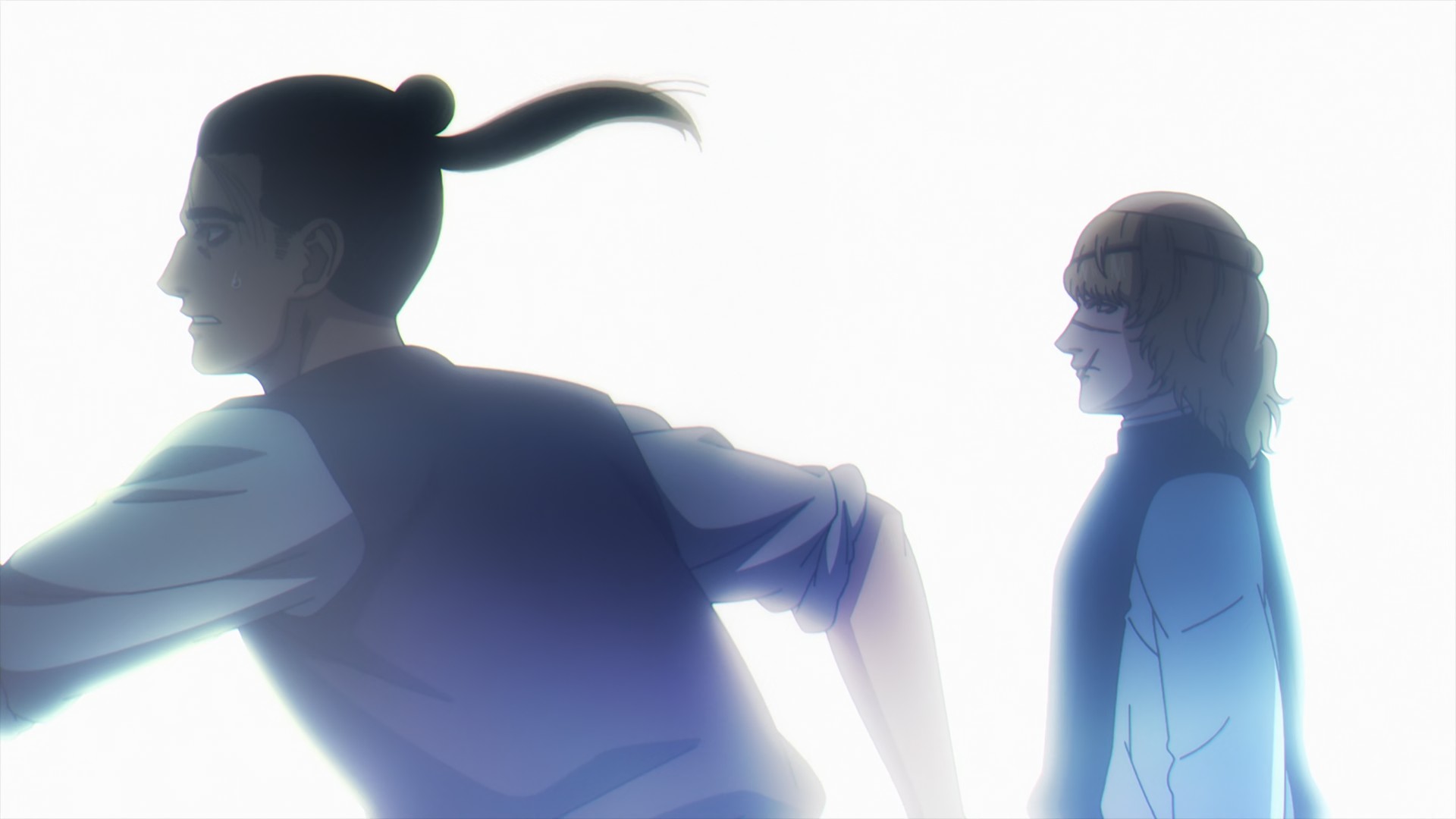
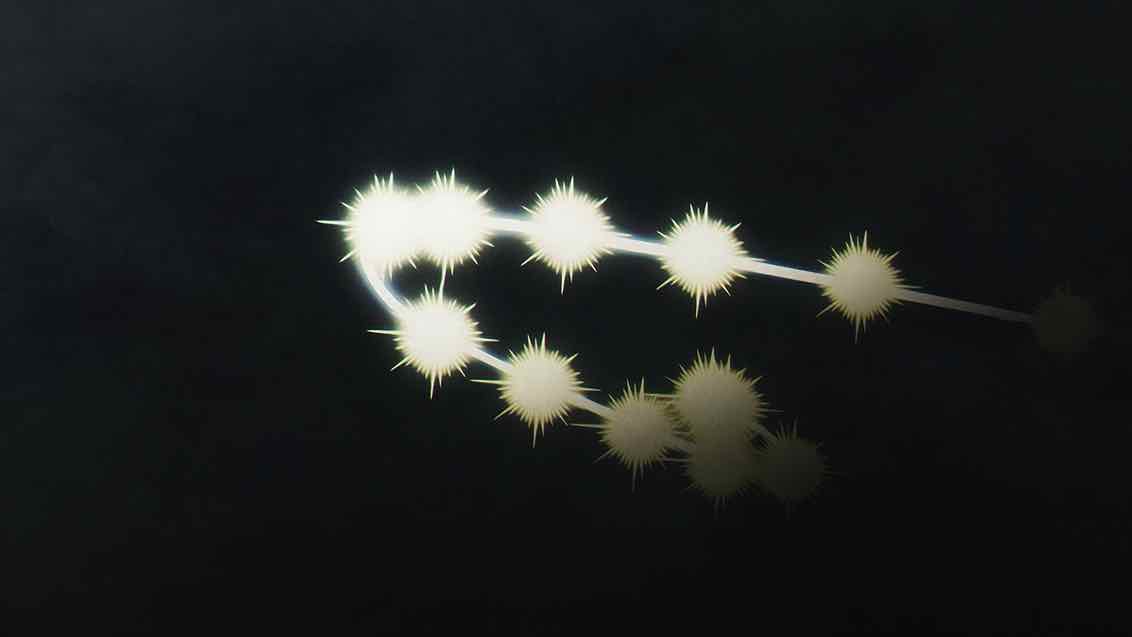
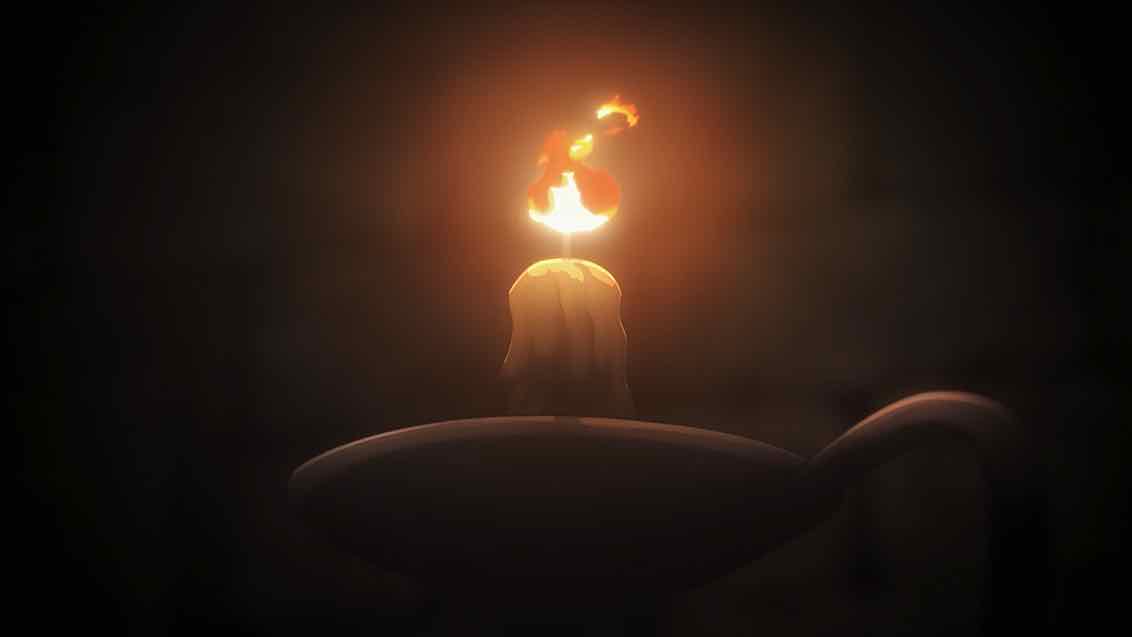
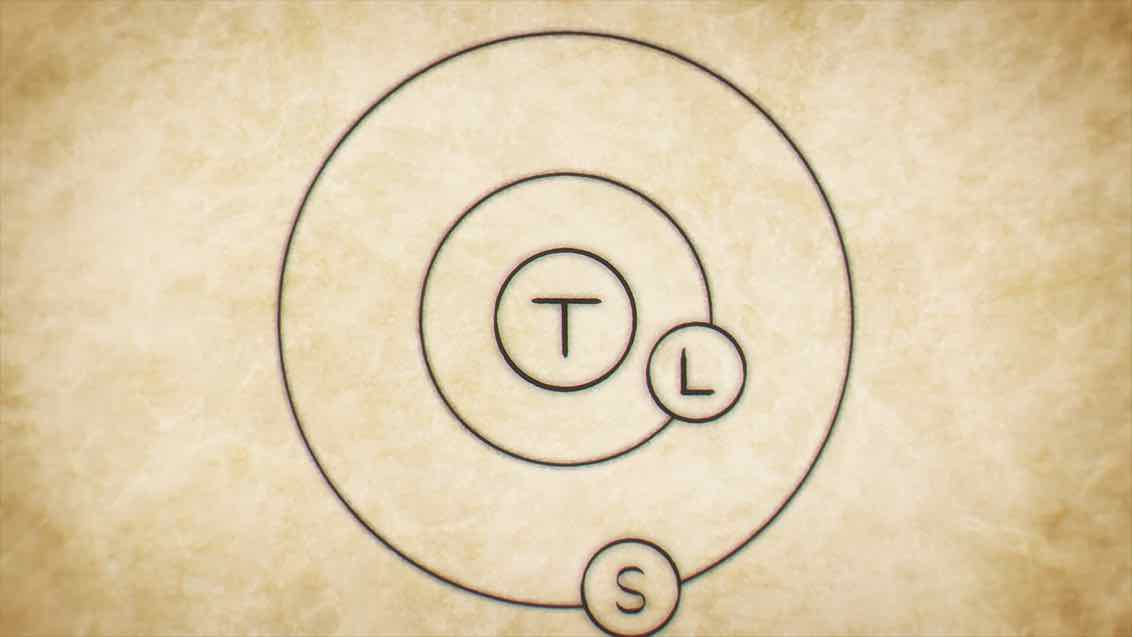
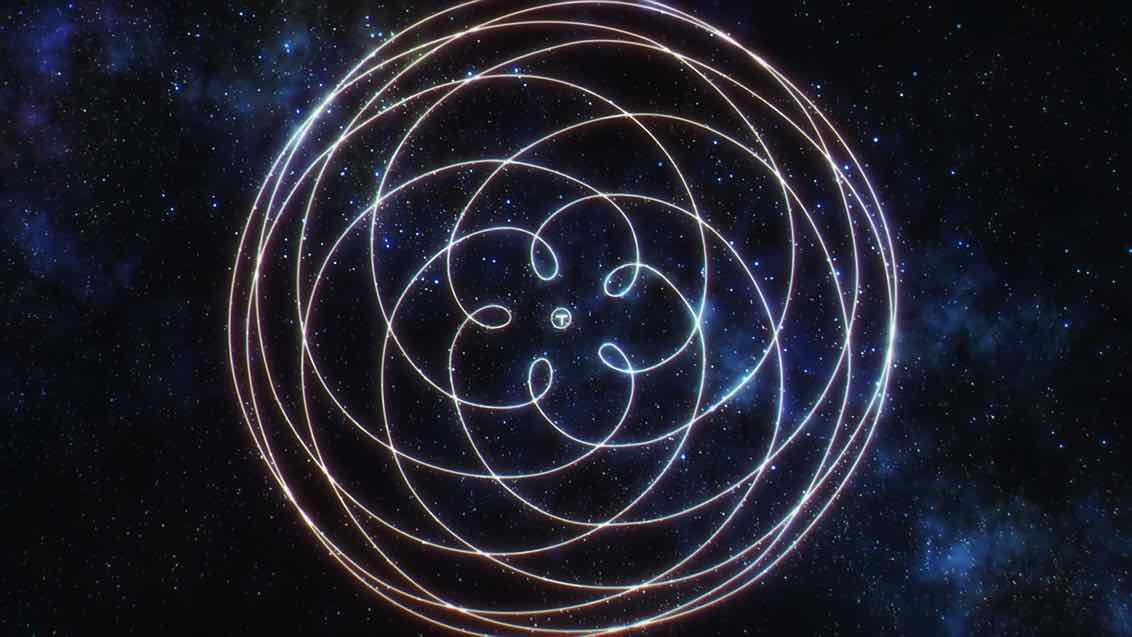
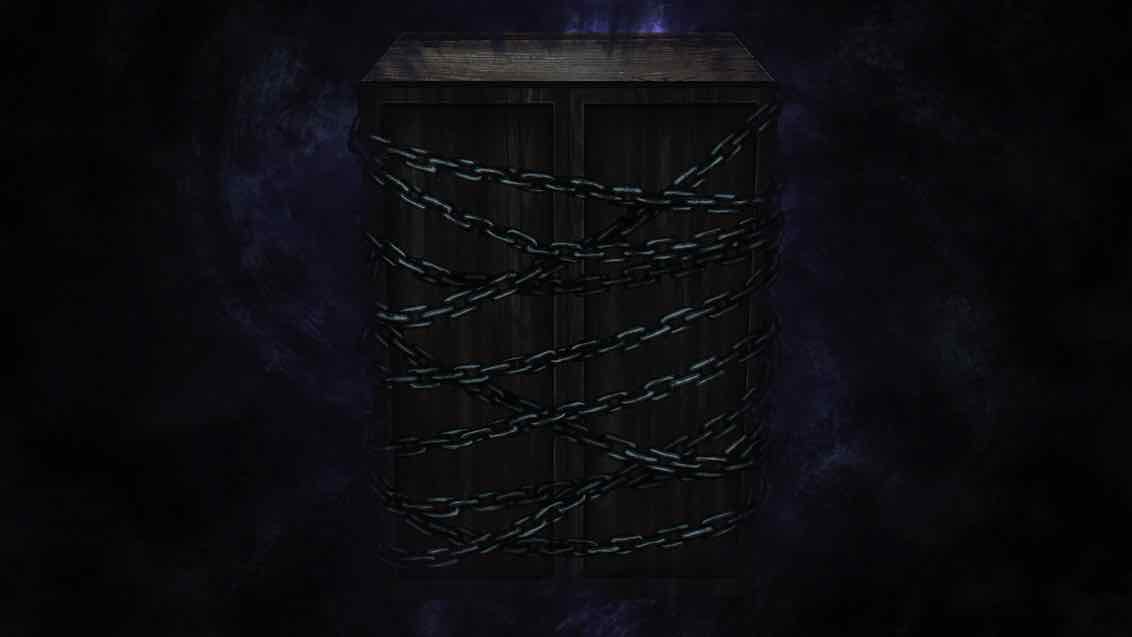
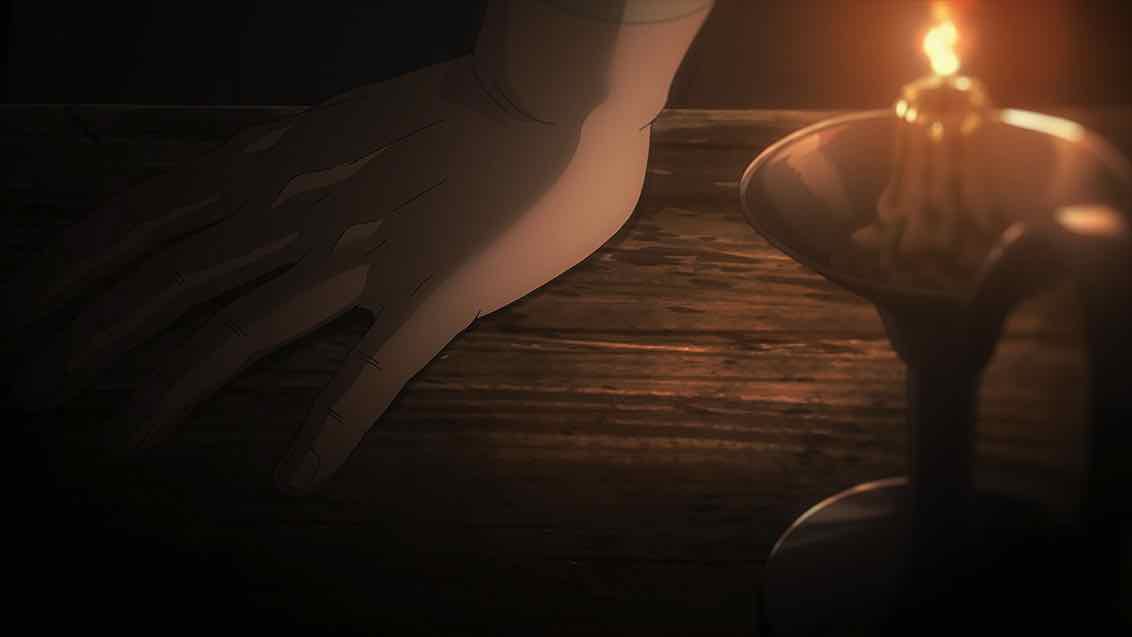
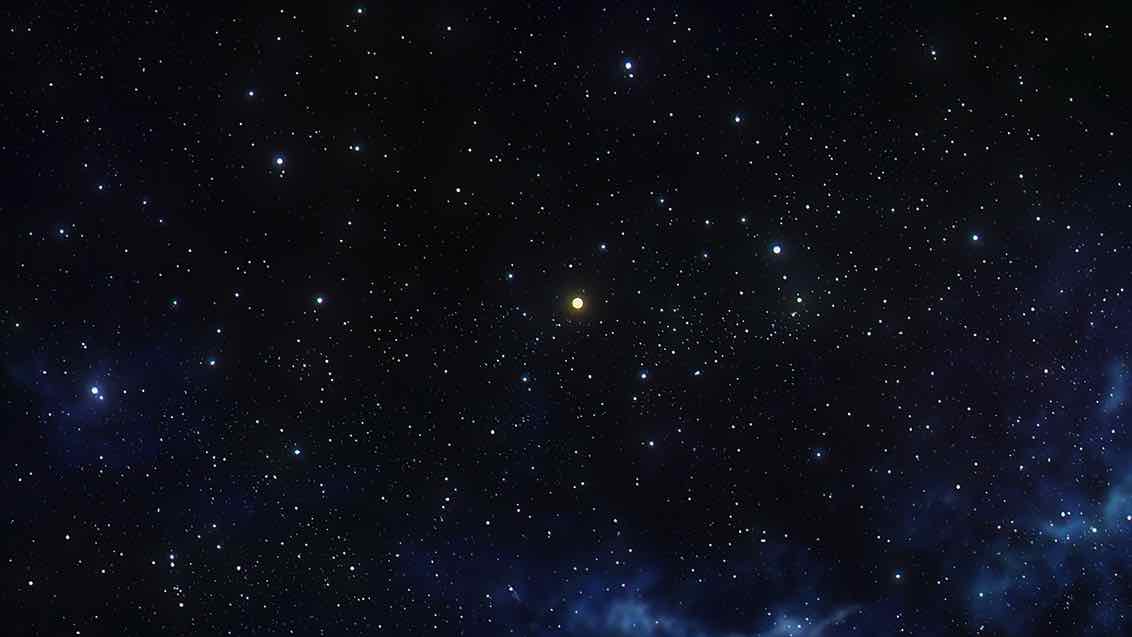
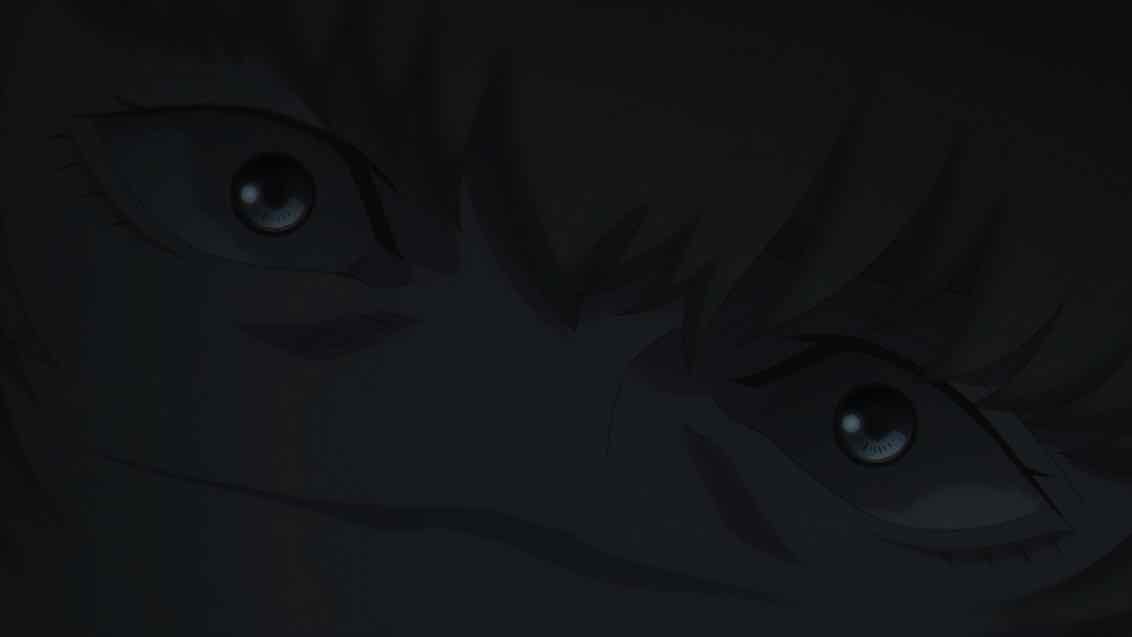
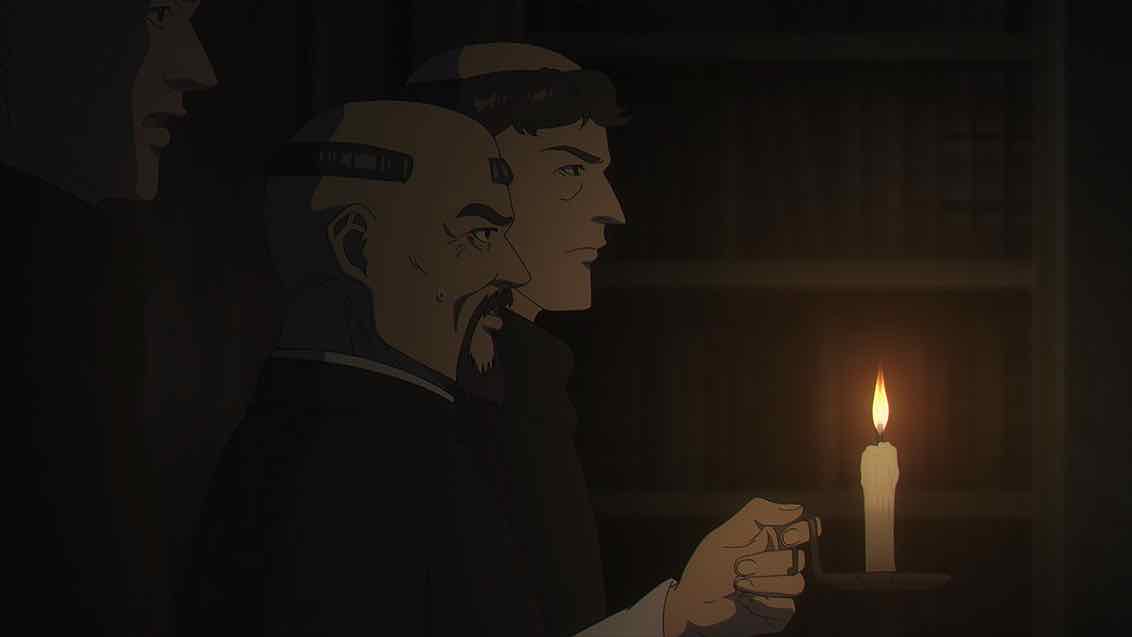
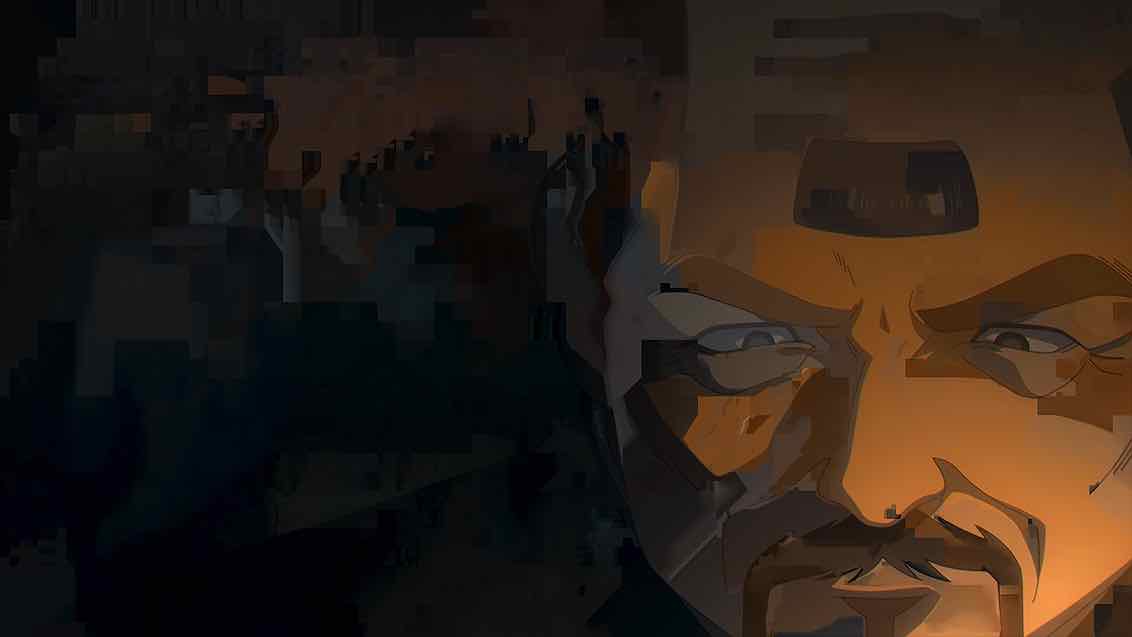
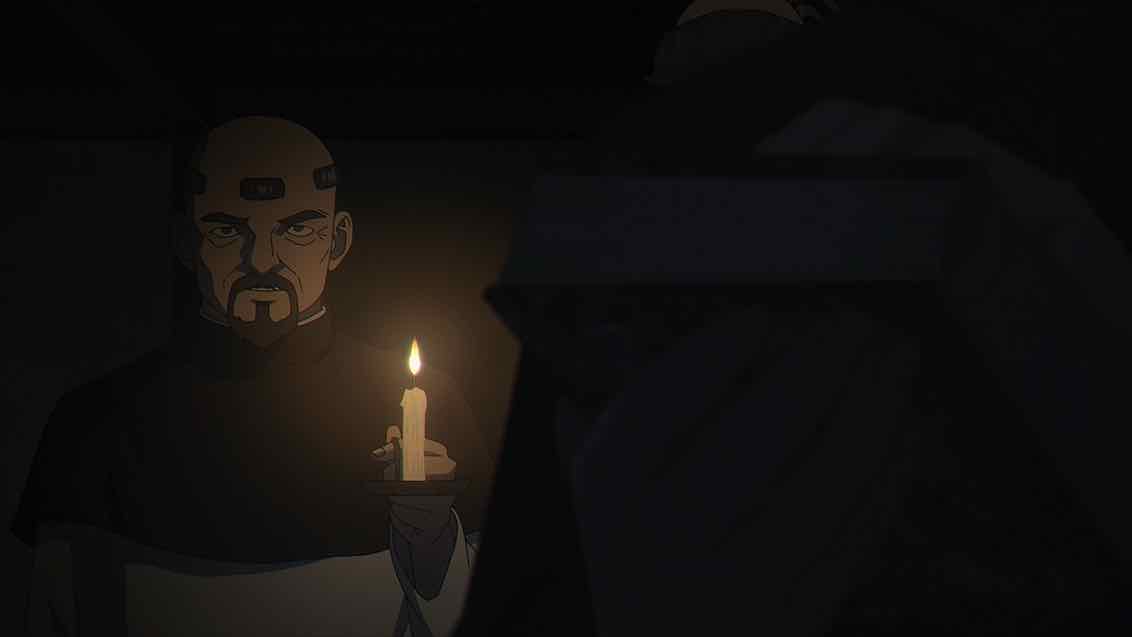
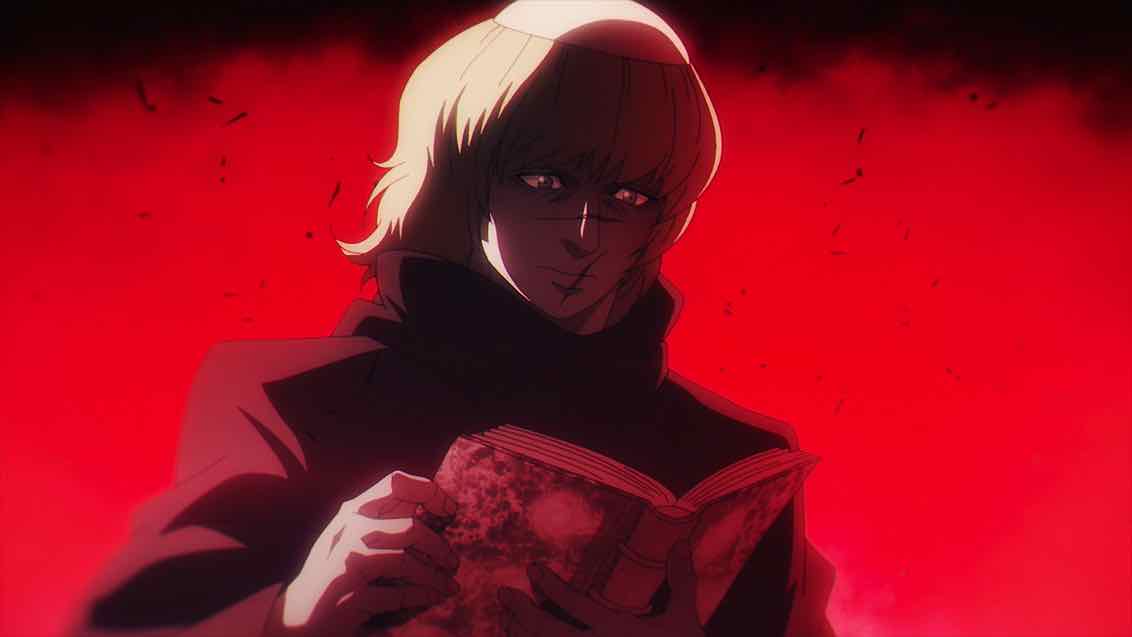
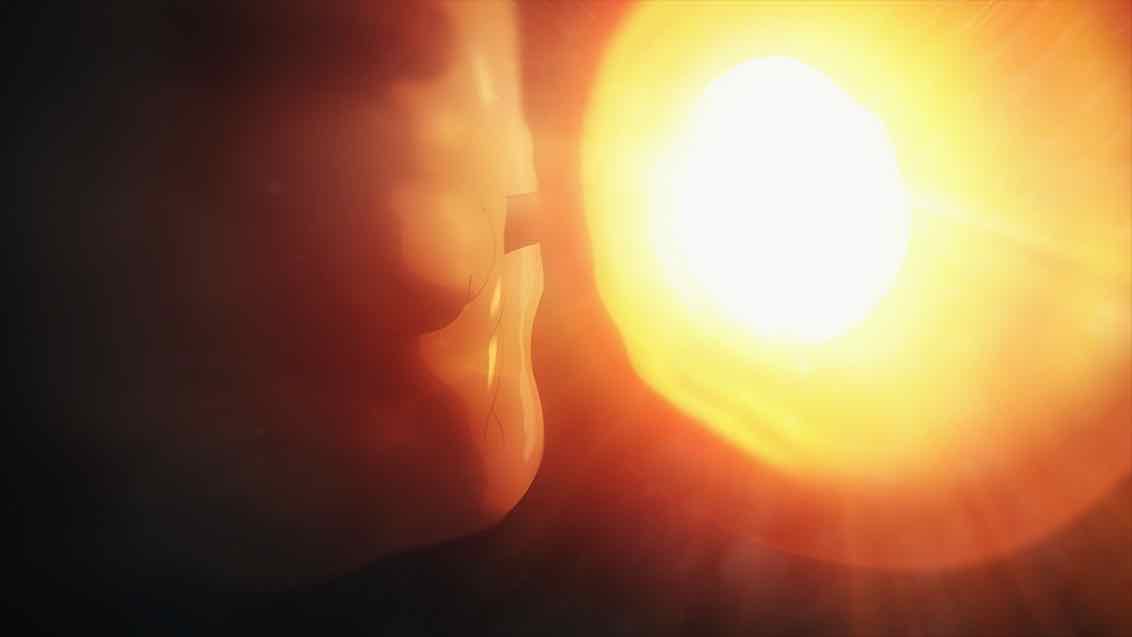
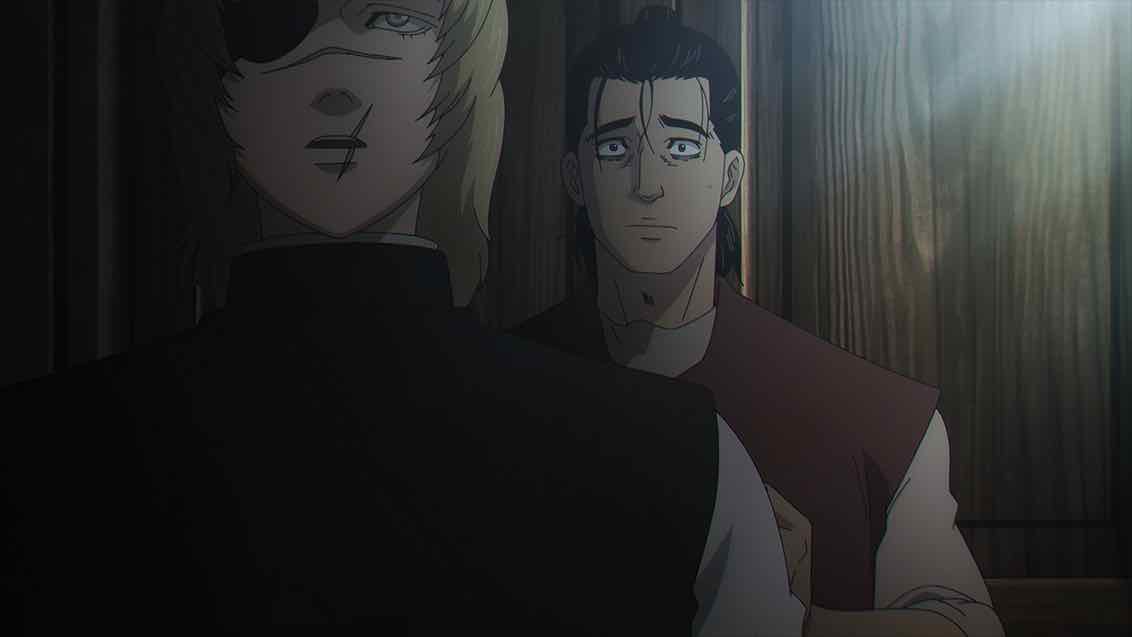
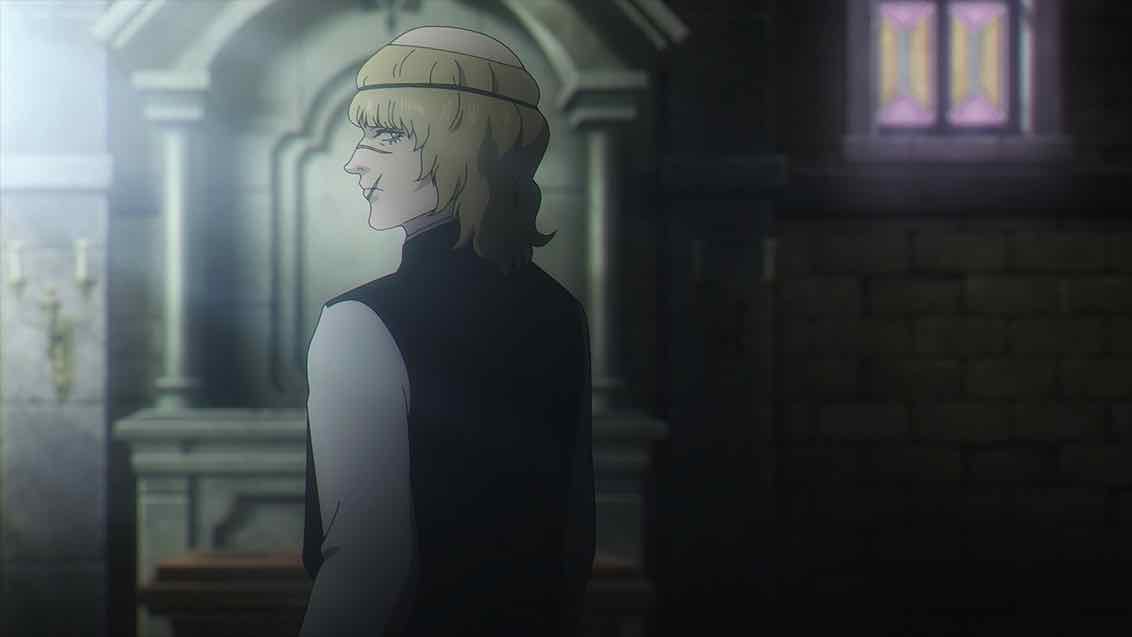
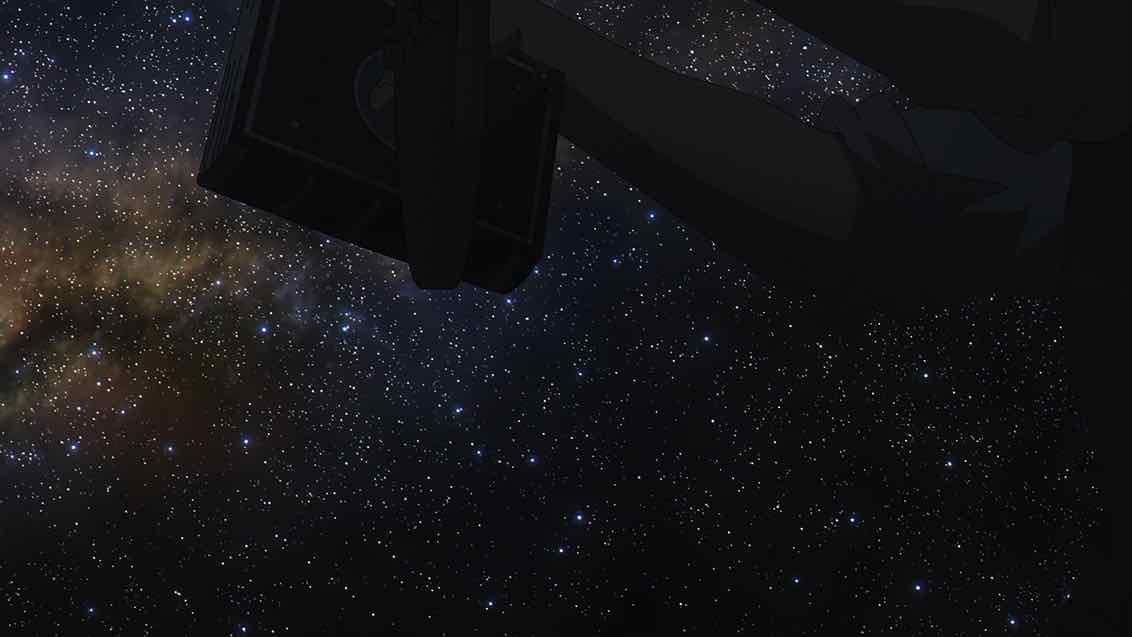
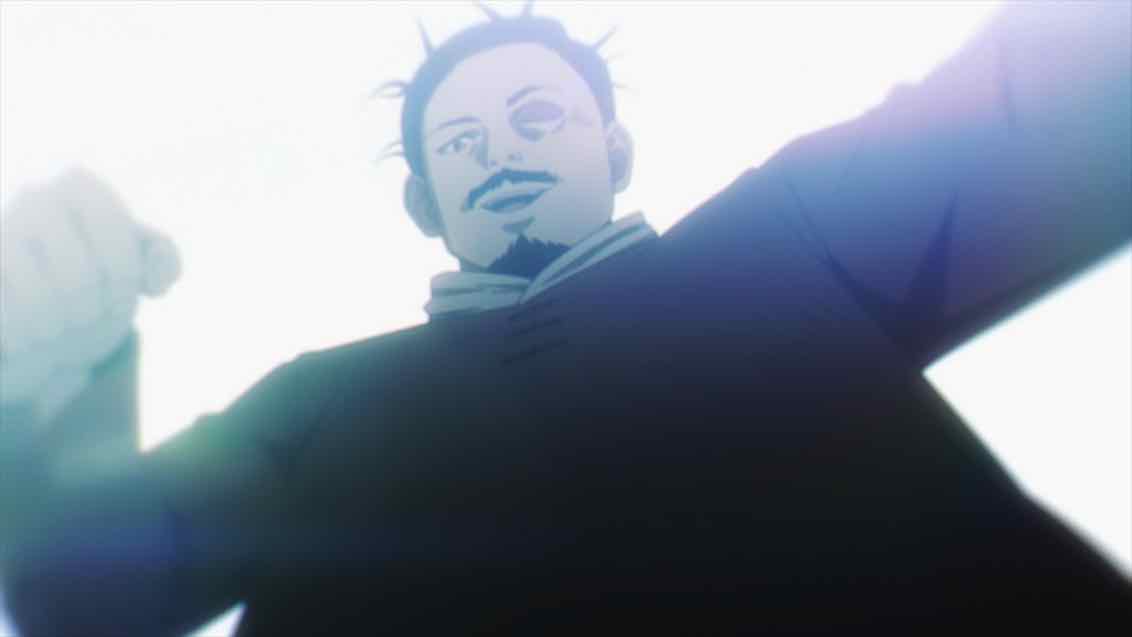
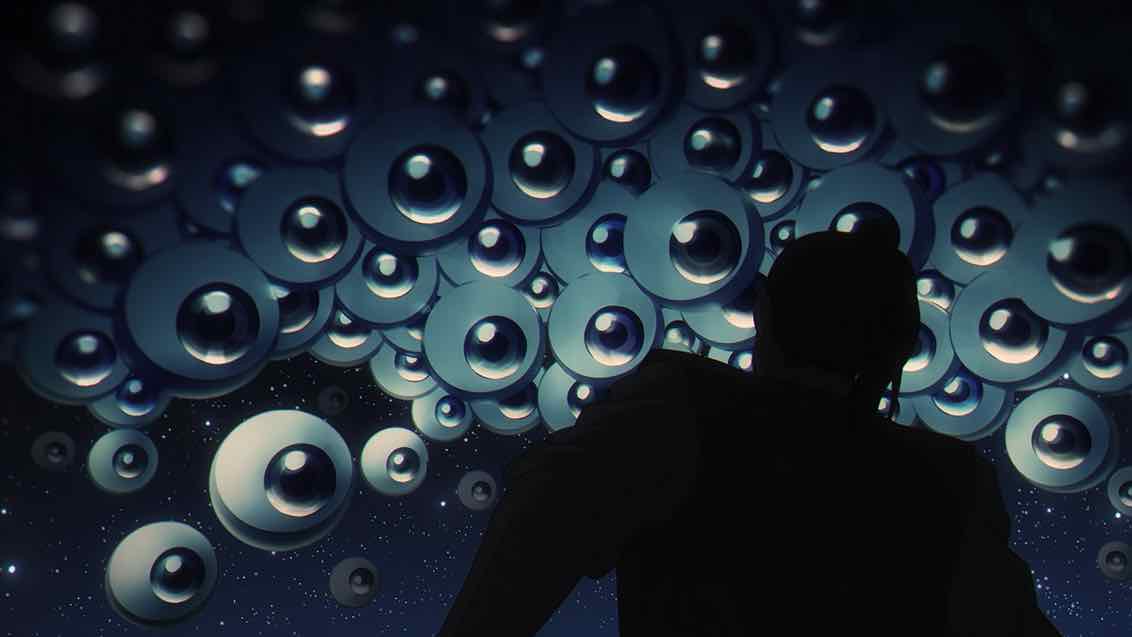
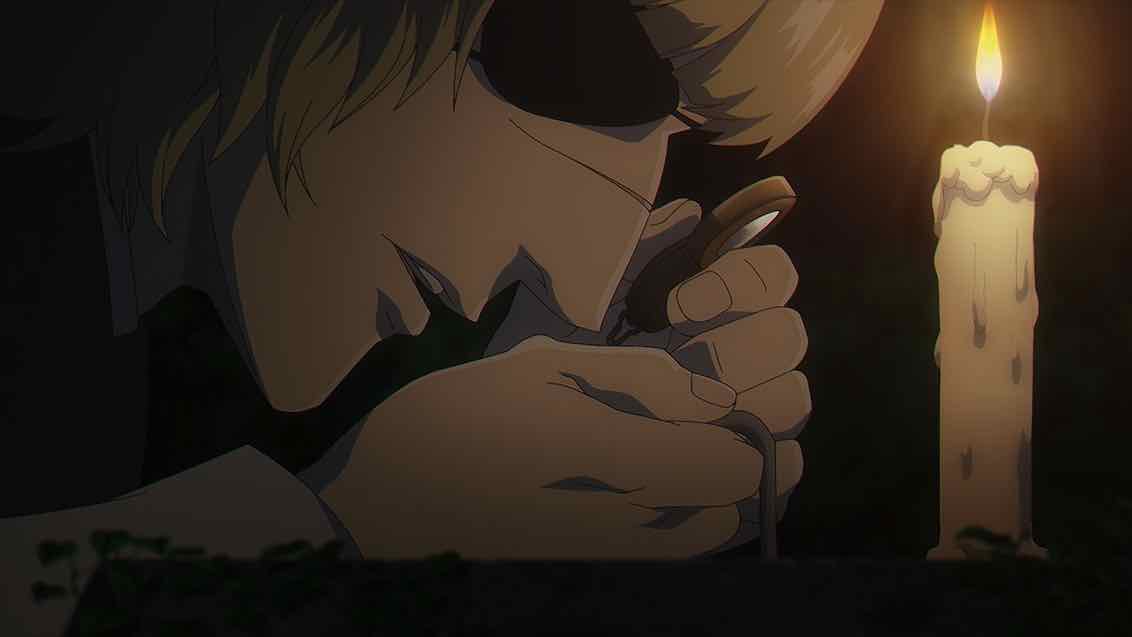
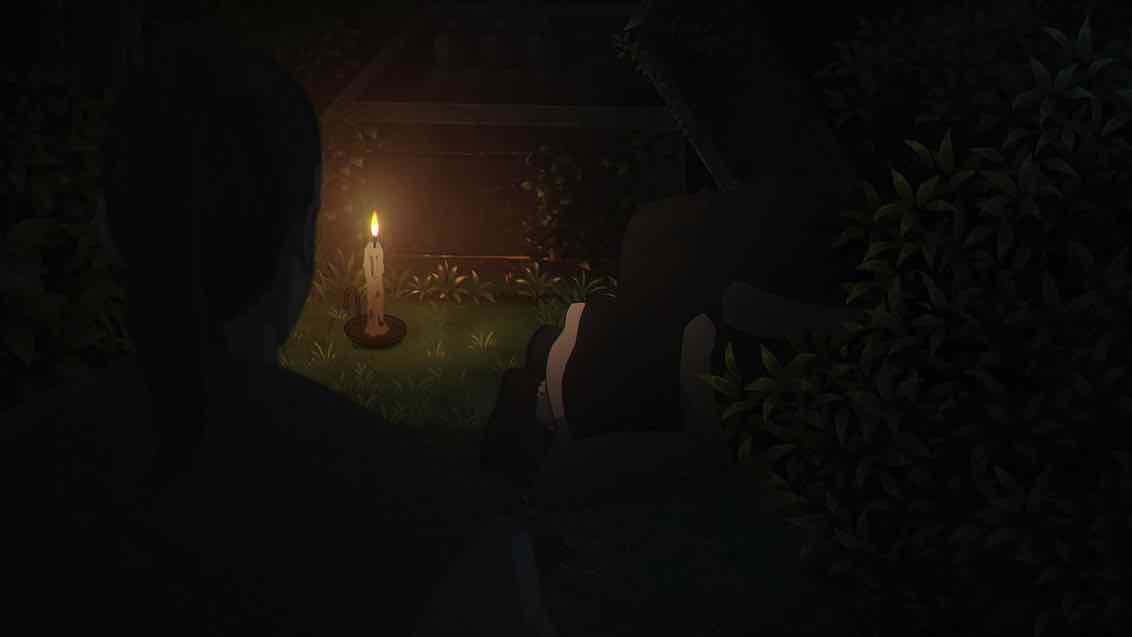
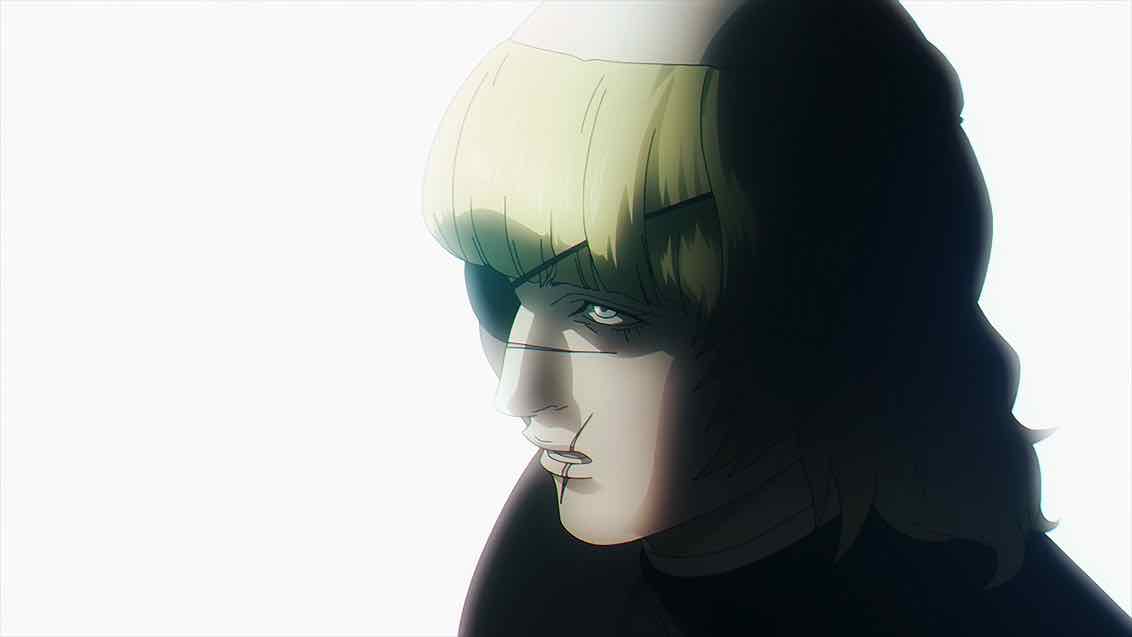
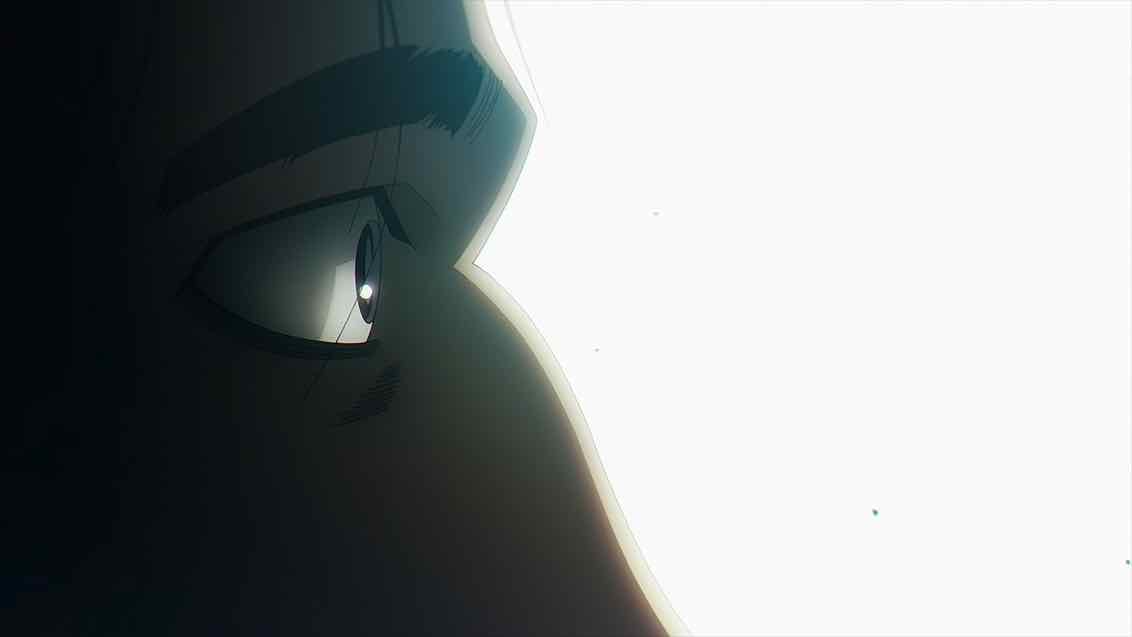
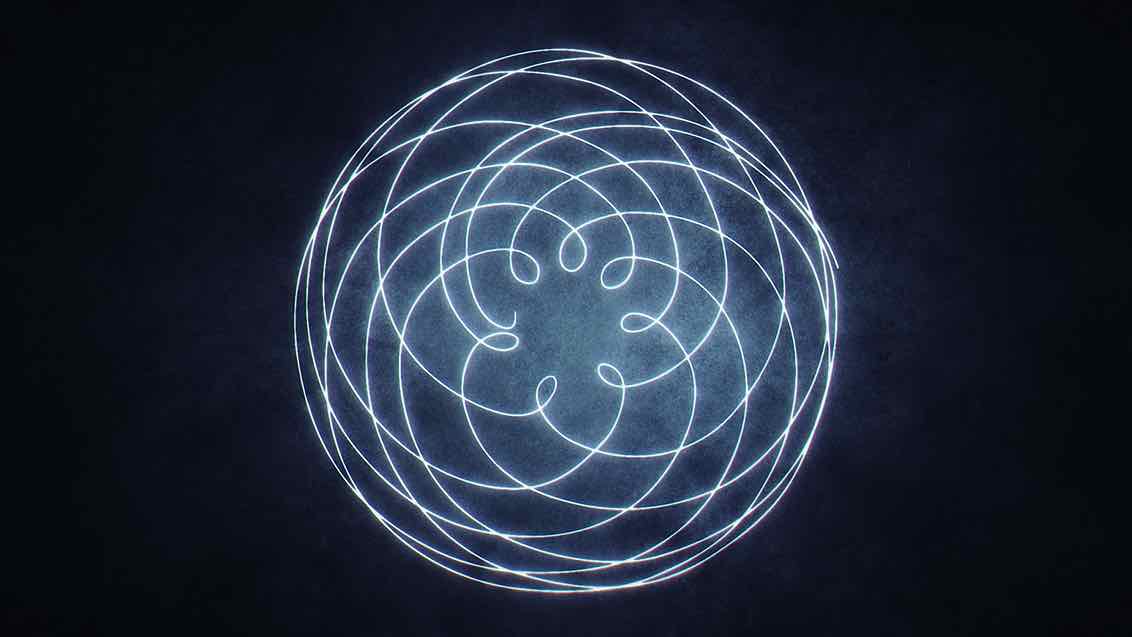
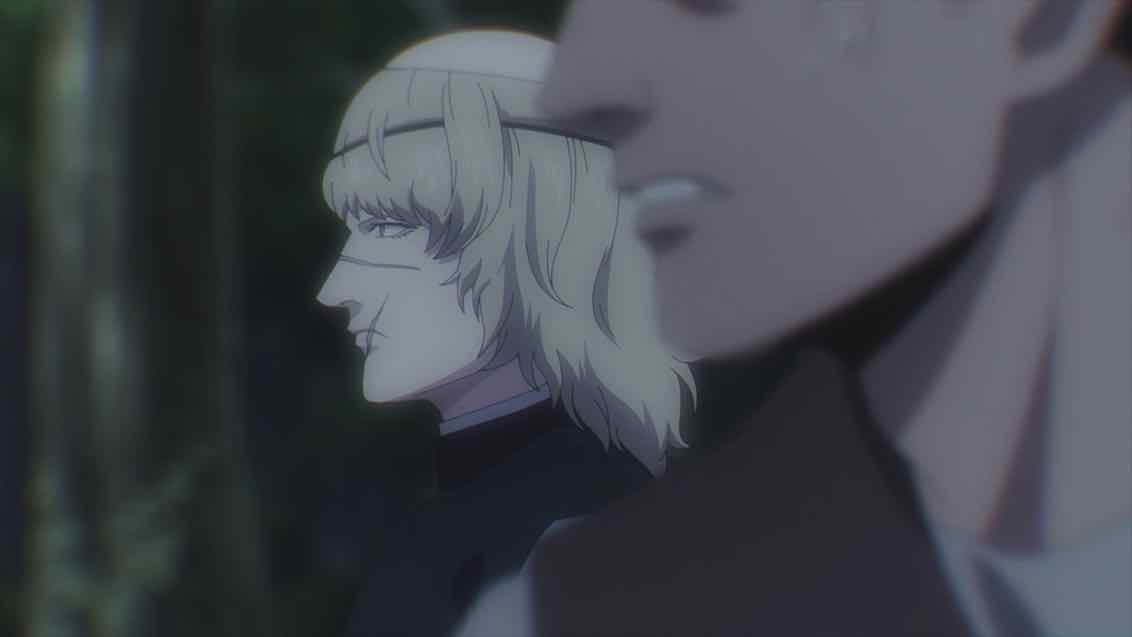
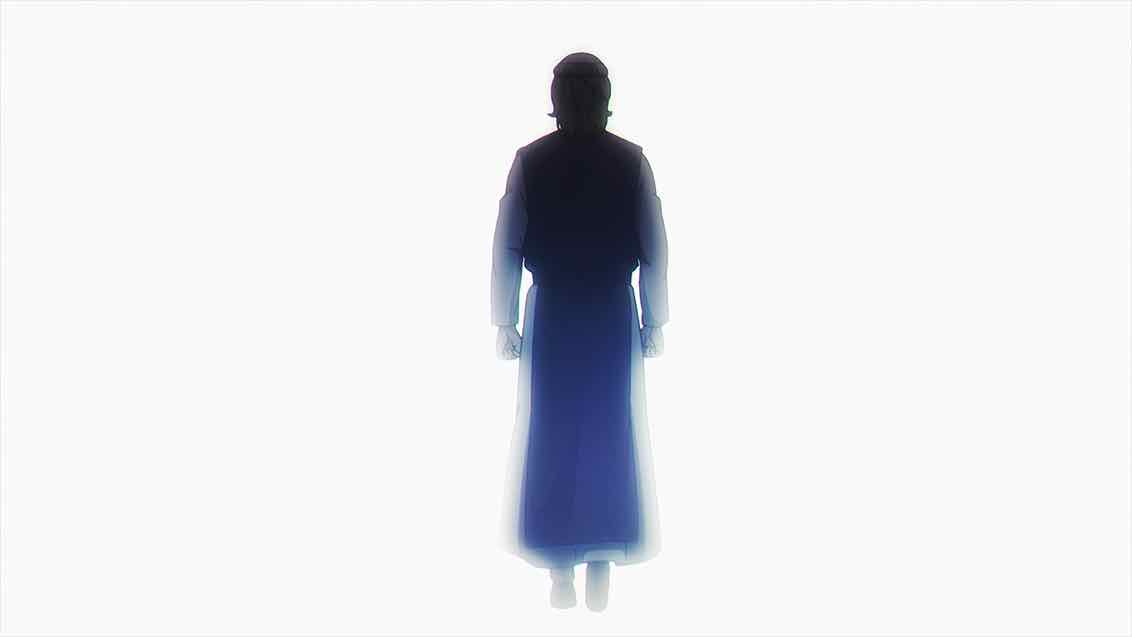
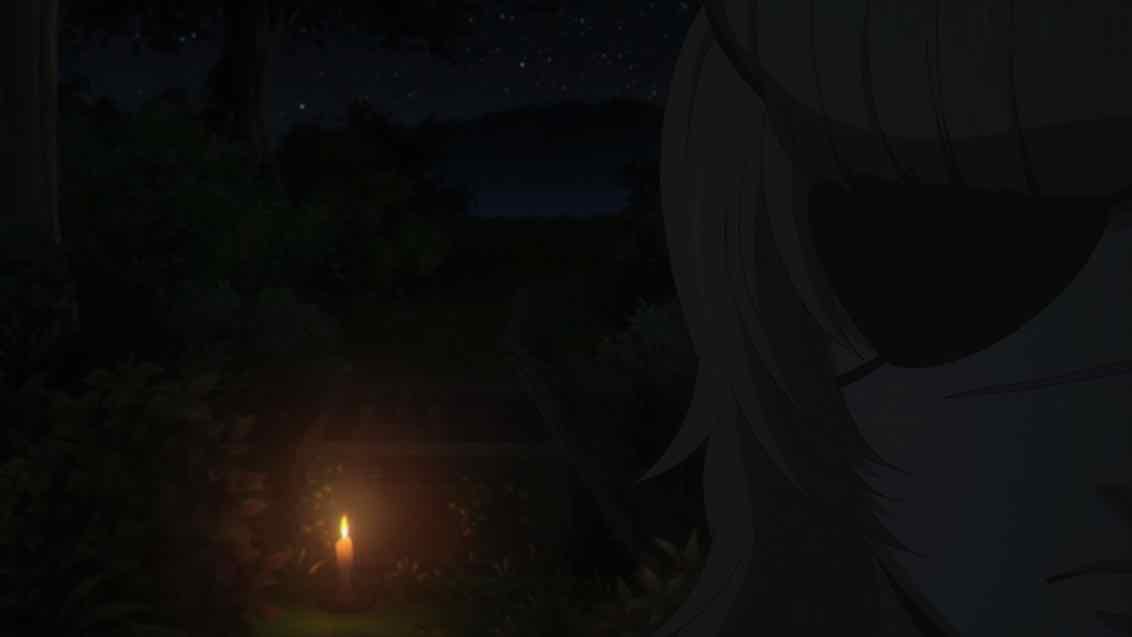
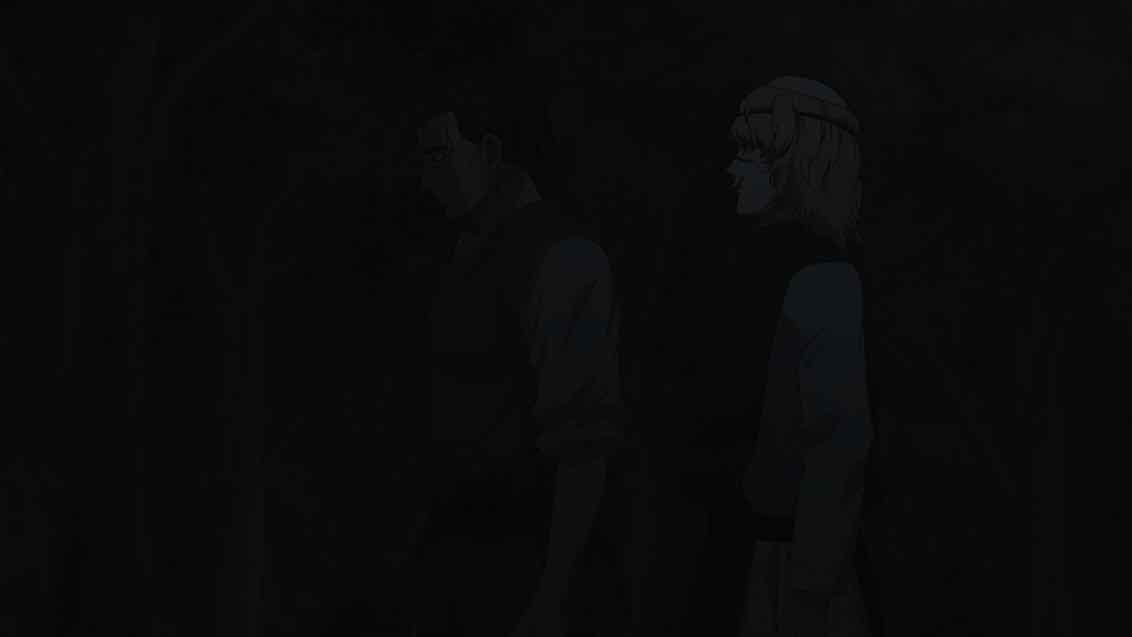
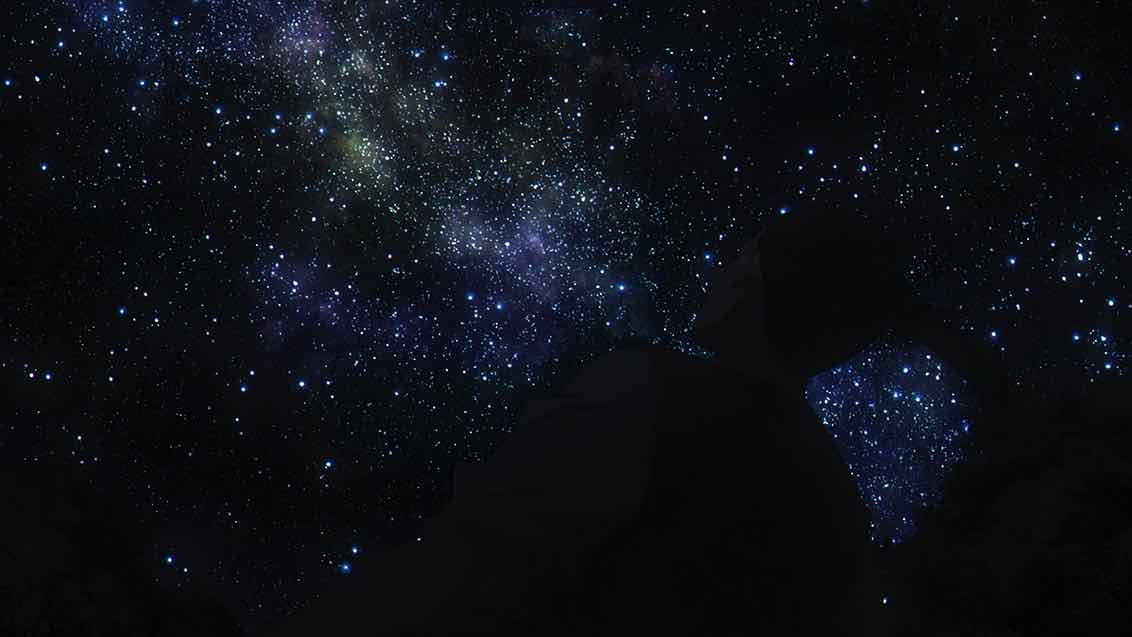
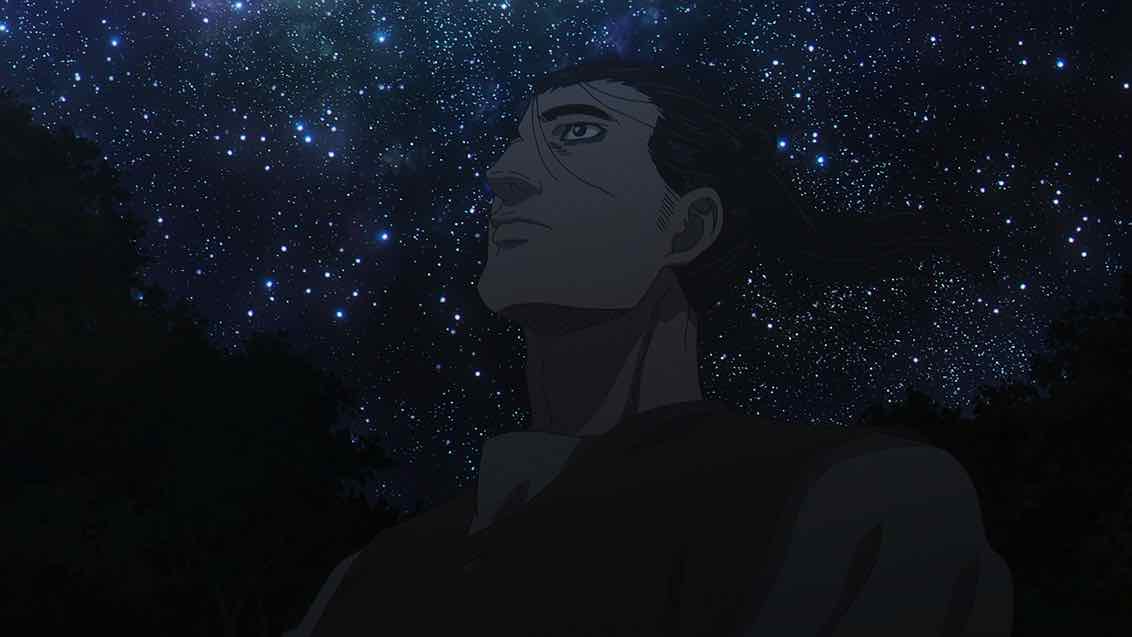
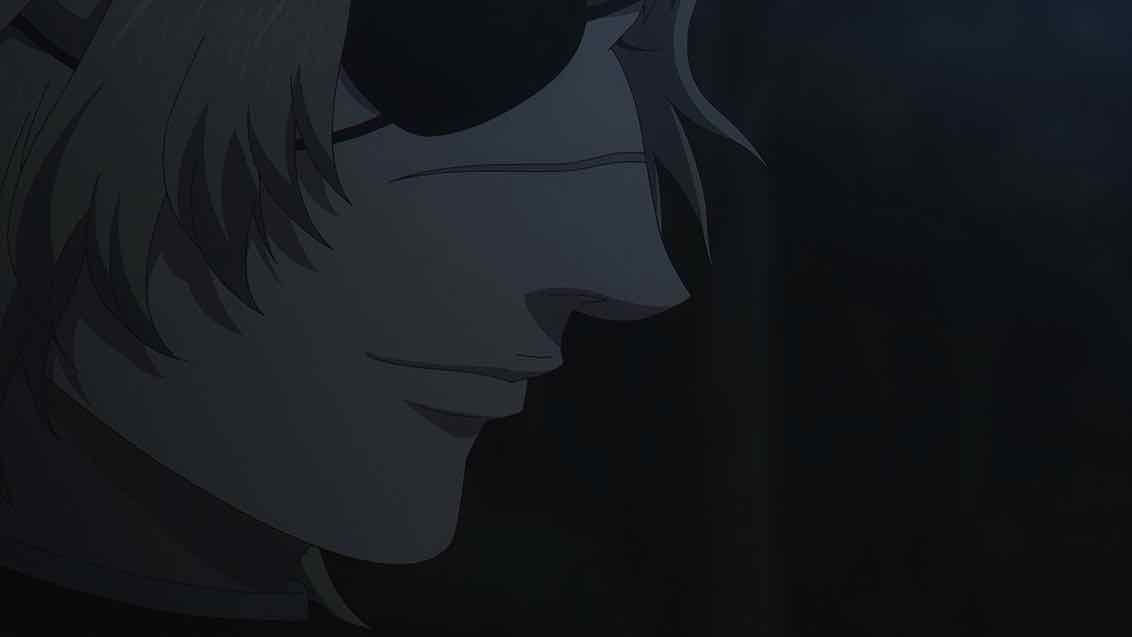
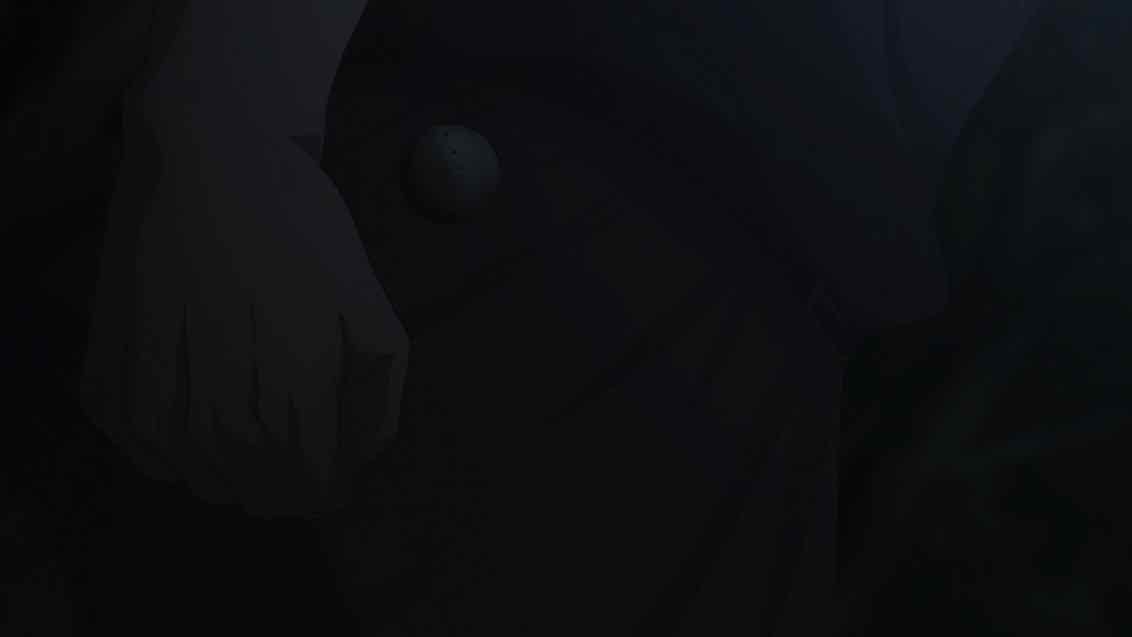
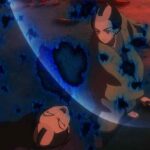
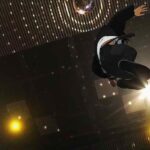
1 comment